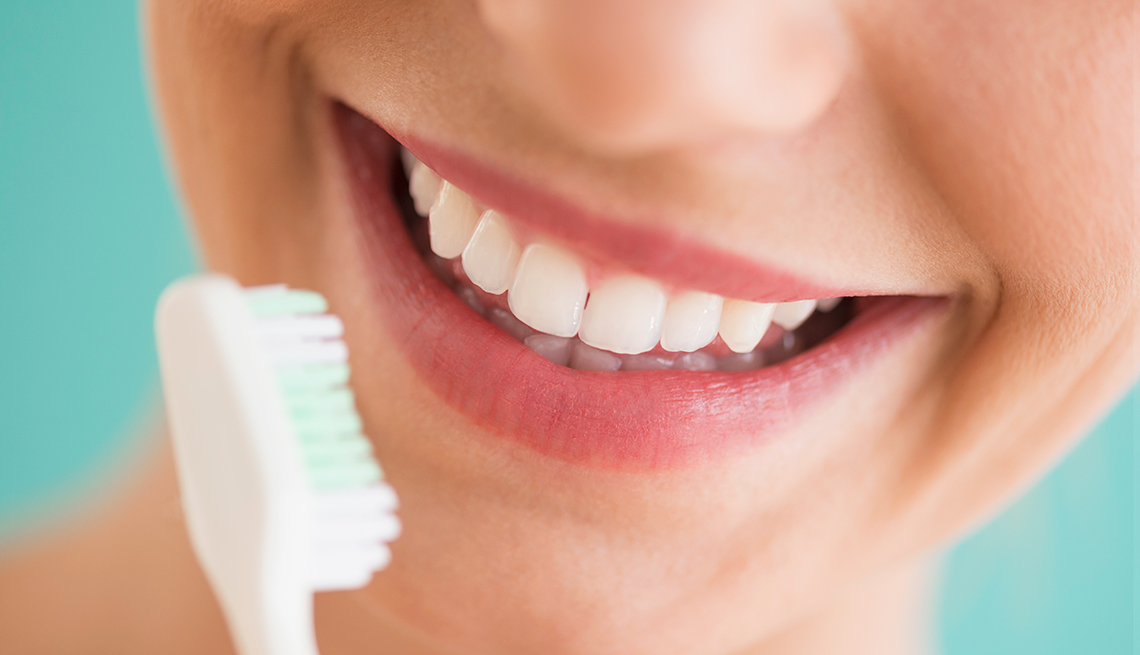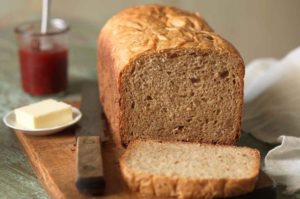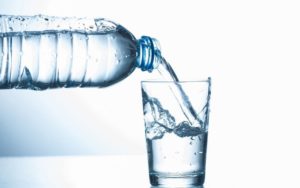WORLD FOOD DAY Role of diet in oral health

Dr Jayna Gandhi
In general, dental health includes oral hygiene maintenance, regular dental check-ups and treatment of oral diseases. But we intend to ignore the importance of diet and its impact on oral health.
The mouth consists of teeth, gums, inner parts of cheeks, tongue which is bathed with the flow of saliva. Regular brushing and flossing of teeth have great importance in the maintenance of oral health, but nurturing the oral cavity from within can only be possible with consumption of a healthy balanced diet.
The mouth is the first part of our body to encounter food and also the first part of getting affected by the impact of food. The mouth is the mirror of our body i.e. mouth shows the signs of underlying illnesses of the body.
Our choice of food both in quantity and texture affects the oral cavity in many ways. Firstly, it can affect the integrity of oral mucosa including tongue, cheeks and palate and secondly, it can affect the health of teeth and jawbones. Hence, both hard and soft structures in the mouth are getting affected by diet. For example, eating and drinking sugar and carbohydrates rich food can initiate cavities, tooth decay and gum diseases. Food low in nutrition can affect the strength of bone and can make the soft tissue more friable and prone to infections. The colour of the soft tissue and the coating on the tongue will also change with the quality of food consumption.
Evidence from the data collected from various studies conducted by WHO worldwide supports the article that there is a direct correlation between the consumption of good food and the maintenance of good oral health.
Choice of food
Simple carbohydrates (sugar, candies, sticky and soft bakery products, chocolates) should be replaced with complex non-sticky carbohydrates like whole wheat bread, potatoes, sweet potatoes and rice.
1 Addition of friction producing food rich in fibres has a natural cleansing action on teeth and oral mucosa, therefore, the addition of prebiotics like salads, raw fruits and vegetables are beneficial over-processed food.
2 Addition of probiotics like yoghurt, curd can help to replace the bad germs with good germs in the mouth which are proven beneficial for the health of gums and teeth.|
3 Addition of anti-oxidants in the diet like vitamin A, C, E, green tea and berries (Blueberries, blackberries, strawberries, plums) are rich in anti-oxidants. Anti-oxidants make our mouth more resilient to infections by stimulating the formation of collagen.
4 Addition of minerals like calcium, fluorine and trace amounts of zinc, copper, magnesium, potassium are needed for the health of bone and teeth.
5 Drinking plenty of water not only has a flushing action on food but also helps in hydration of oral structures and prevents inflammation.
6 Addition of lean protein is very beneficial for the quick healing of the oral bones.
Food affects the oral health of all age groups equally from childhood to the elderly. The nutritional needs of the individual vary with advancing age. As a child grows the requirement of food that can stimulate the growth of jaw bones and oral structures are needed. During the adolescent period, the body is going through a lot of hormonal changes which has its direct impact on the health of gums. The proper diet plan is a mandate during this period.
Similarly, during pregnancy and menopause the requirement for nutritional supplements to maintain oral health increases. The flow of saliva in the oral cavity also changes with time and age of the individual. Hence, maintaining proper quality and quantity of saliva is very important which can only be possible by making a balanced diet a routine.
We nurture our body with good food, good thoughts and exercise. Therefore, it is important to provide the right nutrition to the body at the right time which, in turn, will be visible as a manifestation in the oral cavity.
Dr Gandhi is a paediatric dentist at Clove Dental



